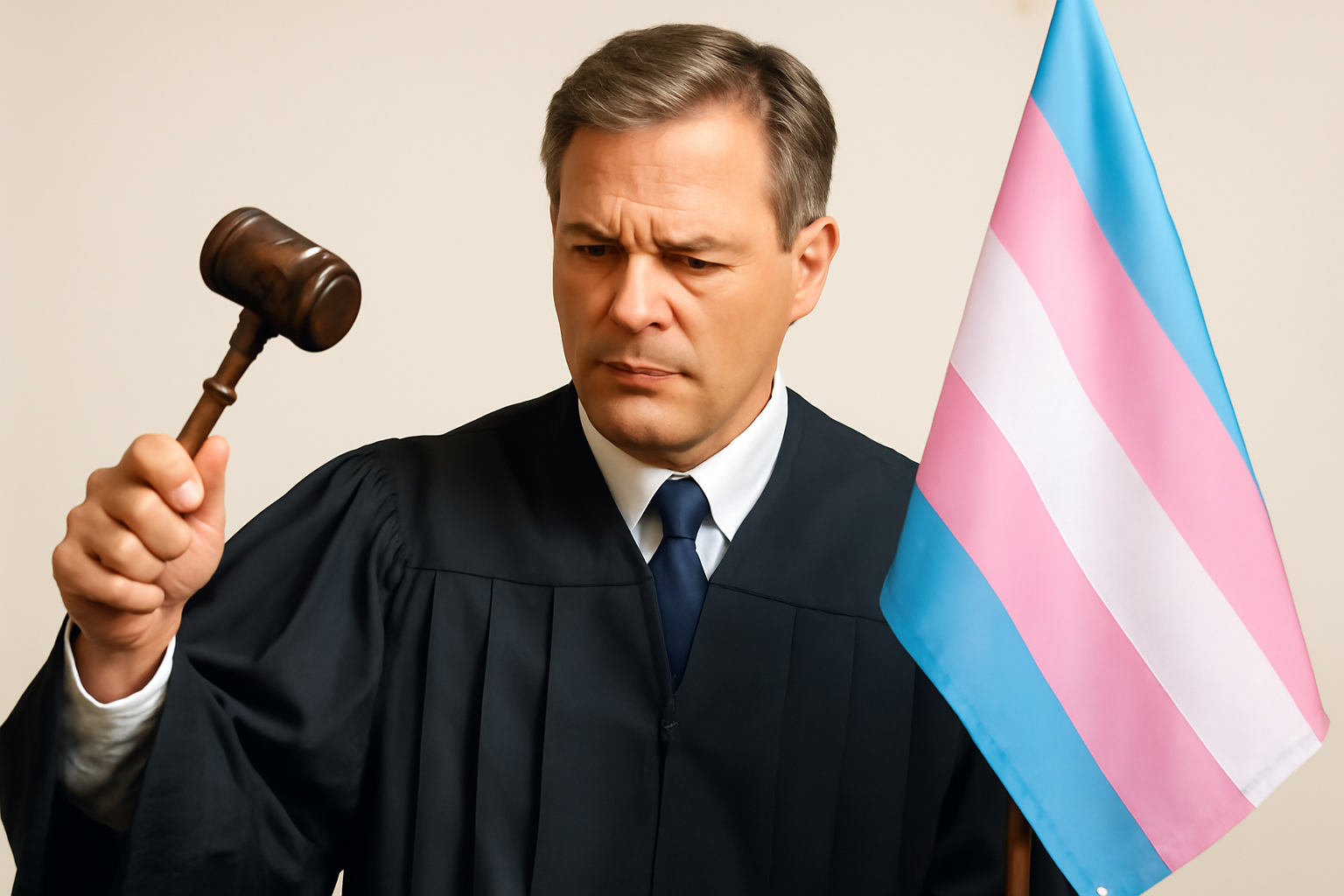
Introduction
In a landmark decision, a Montana court has intervened to halt the implementation of a state law that sought to define sex in a manner excluding transgender individuals. The ruling has been hailed as a significant victory for the LGBTQ+ community, civil rights advocates, and allies who argue that the law was both intellectually and morally indefensible. This decision comes amidst a backdrop of widespread legal and cultural battles over transgender rights in the United States.
The Controversial Law
The blocked legislation attempted to enforce a binary definition of sex, strictly based on biological attributes identified at birth. Critics of the law argued that it not only disregarded scientific understanding of gender as a spectrum but also posed a direct threat to the rights and identities of transgender individuals. The law would have implications across various sectors, affecting everything from healthcare and education to public accommodations.
Legal Challenges and Court Ruling
Several groups, including transgender rights organizations, medical experts, and civil liberties groups, quickly filed lawsuits challenging the legality of the law. They contended that the law violated both state and federal constitutional protections, including equal protection and due process rights. The court's decision to block the law underscores the judiciary's role in safeguarding minority rights against discriminatory legislation.
In its ruling, the court emphasized that the law was not only harmful but also lacked a rational basis, failing to account for the complexities of gender identity. The judge expressed concerns about the potential harm to transgender individuals who could face increased discrimination and marginalization should the law go into effect.
Reactions and Implications
The decision has sparked widespread applause from LGBTQ+ advocates and civil rights organizations. "This ruling is a beacon of hope for transgender individuals in Montana and across the country," said a spokesperson from a leading LGBTQ+ advocacy organization. "It sends a clear message that laws rooted in discrimination and ignorance have no place in our society."
Opponents of the court's decision, however, expressed disappointment, arguing that the law was necessary to maintain traditional definitions of sex and gender. Despite this pushback, the ruling is seen as part of a broader trend in which courts are increasingly recognizing and affirming the rights of transgender individuals.
Broader Context and Future Implications
The Montana ruling reflects a larger national conversation about transgender rights and the legal recognition of gender identity. Similar legislative efforts have been proposed or enacted in other states, often sparking significant controversy and legal battles. In many cases, these laws have been met with legal challenges, and courts have generally been favorable to arguments that support transgender rights.
Legal experts suggest that this ruling could have ripple effects beyond Montana, potentially influencing how courts in other states approach similar cases. It highlights the ongoing need for legal advocacy and education around issues of gender identity and the importance of protecting the rights of marginalized communities.
Conclusion
As the battle for transgender rights continues across the United States, the Montana court's decision stands as a crucial victory for those advocating for equality and justice. The court's intervention not only prevents the immediate harm that the law would have caused but also affirms the dignity and humanity of transgender individuals. This case serves as a reminder of the power of the judiciary to protect fundamental rights and uphold constitutional principles in the face of discriminatory legislation.
While challenges remain, the ruling offers hope and momentum to continue the fight for full legal recognition and protection of transgender individuals. As society progresses towards greater inclusivity, the voices of those marginalized will continue to pave the way for change, ensuring that the fight for equality remains steadfast and resolute.
Related Posts
Triumphant Trans Woman Wins Legal Battle and Inspires Others to Stand Up for Their Rights
Breaking new ground: a landmark victory in transgender rights After battling in courtrooms and enduring endless challenges, Diana Portillo, a transgender woman, has secured a monumental victory in her decade-long fight against workplace discrimination. The result? Nearly $1 million awarded in a historic settlement. But this isn't just a win on paper—it represents a powerful precedent in combati [...]
Pride Month in Latin America: Protests and Demands for Equality
**Celebrating Pride and advocating LGBTQ+ rights in Latin America** Pride Month in Latin America was a lively mix where celebration met activism. Communities united, not just throwing a party but making a stand—demanding equality and pushing governments toward better protection and rights recognition. Throughout Latin America, pride events erupted in marches and cultural displays, each with a c [...]
Transgender Erasure Actions Implemented by National Park Service
```html Trump administration's impact on national park service and transgender recognition The Trump administration made notable moves in undermining transgender representation, which included directing agencies like National Park Service not include "T" and "Q" when they refered “LGBTQ” in any official communication. This move seems part a broader plan by this administration aimed at reducin [...]